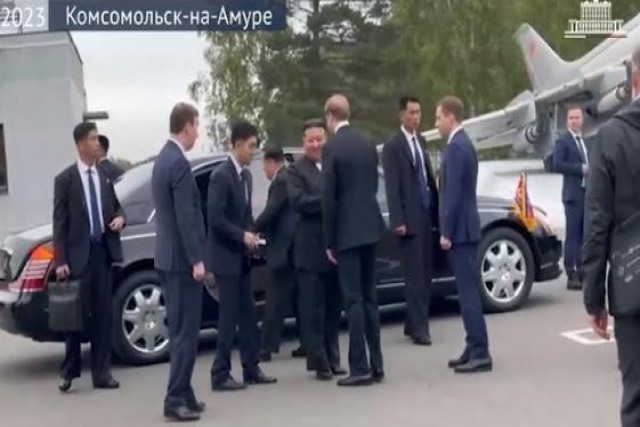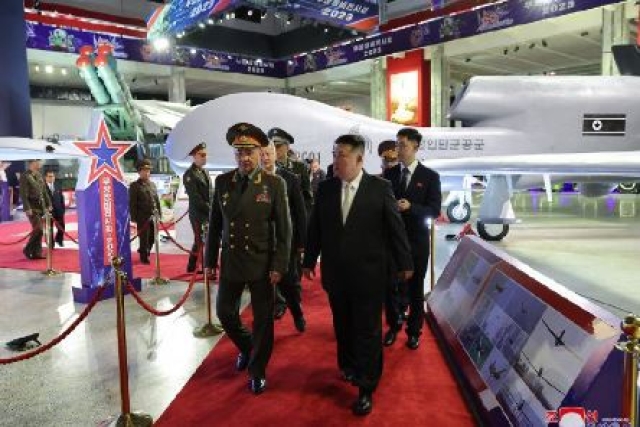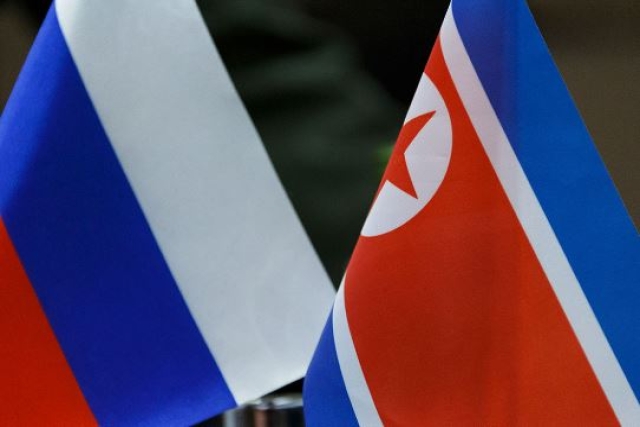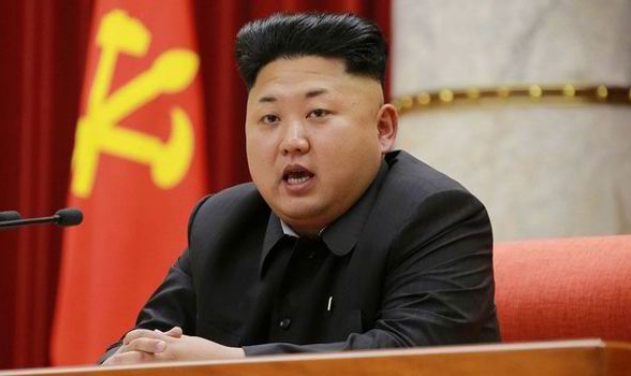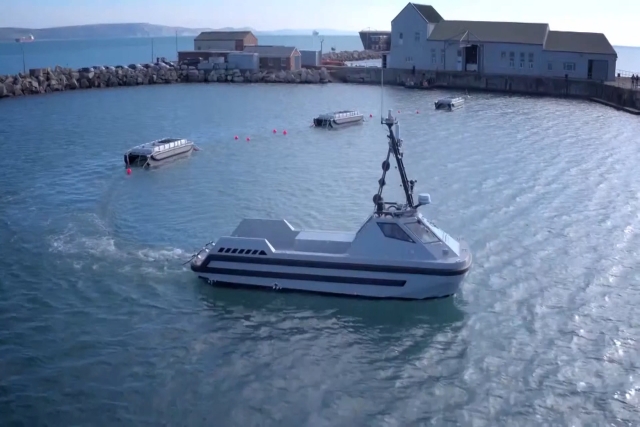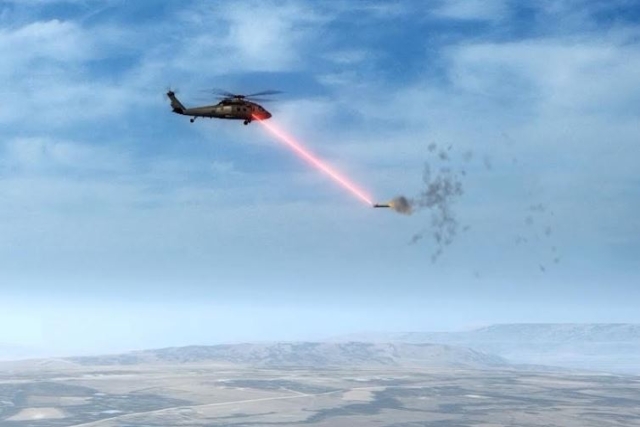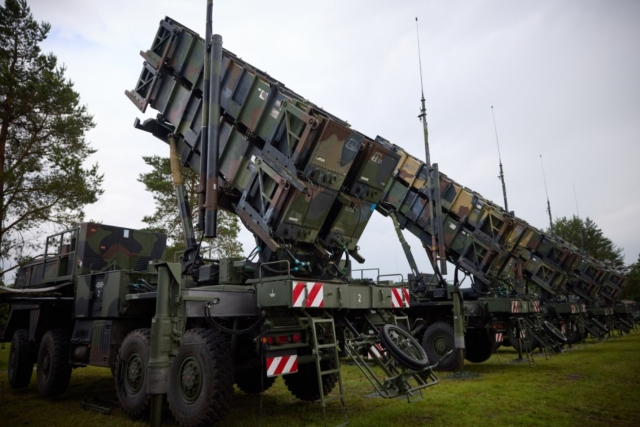North Korean Artillery System Deployed by Russian Forces in Ukraine
Russia and North Korea signed a defense pact on June 19 pledging mutual military support if either is attacked.
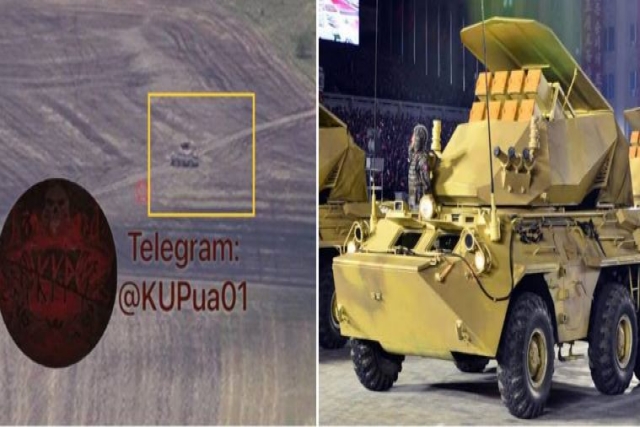
Russian troops have begun using the North Korean long-range self-propelled anti-tank missile system, Bulsae-4, against Ukraine.
A photo of the launcher was recently published on the KUP (+18) Telegram channel. The system was discovered by Ukrainian aerial reconnaissance on one of the routes when it was in an open area.
The Bulsae-4 is capable of engaging targets beyond the line of sight at a distance of more than 10 kilometers. Due to limited accurate data on North Korean weapons, some sources estimate its effective range to be between 10 and 25 kilometers. This long range allows the system to attack armored vehicles from a safe distance.
The Bulsae-4 launcher consists of a rotating package of eight missile containers mounted on the chassis of the North Korean M-2010 wheeled armored personnel carrier, which has a 6x6 wheel configuration. The guided missile features large stabilizers and a top-attack mode, exploiting the thinner armor on the tops of armored vehicles. The missile is guided using an electro-optical head in combination with command guidance via a fiber optic cable, allowing the operator to manually control the missile through video feed. This provides the ability to bypass obstacles and hit targets beyond direct visibility or behind cover.
The permanent video contact enables retargeting in the event a higher priority target is detected, achieving high accuracy of damage at maximum range from the first shot.
The UN has recognized Russia's use of North Korean ballistic missiles in Ukraine. The wreckage of a missile discovered after a strike on a Ukrainian city on January 2 indicated it was a North Korean Hwasong-11 (KN-23) ballistic missile.
In related developments, Bloomberg reported in early June that North Korea sent approximately 5 million artillery shells of various calibers to Russia by rail. Russian Arms telegram channel reported later that month that Pyongyang was shipping large batches of 130-mm high-explosive fragmentation shells OF-482M to Russia, intended for use with long-range 130-mm M-46 cannons. These projectiles have a range of 27,490 meters, equivalent to the performance of the 152-mm Msta-B howitzers. This delivery followed Russian President Vladimir Putin's official state visit to North Korea, his first in nearly 25 years. During the visit, President Putin and North Korean leader Kim Jong Un signed a defense pact in Pyongyang on June 19. The treaty stipulates that if either country is attacked, the other will provide military and other assistance without delay. This pact reflects a deepening of military and strategic ties between Moscow and Pyongyang.
